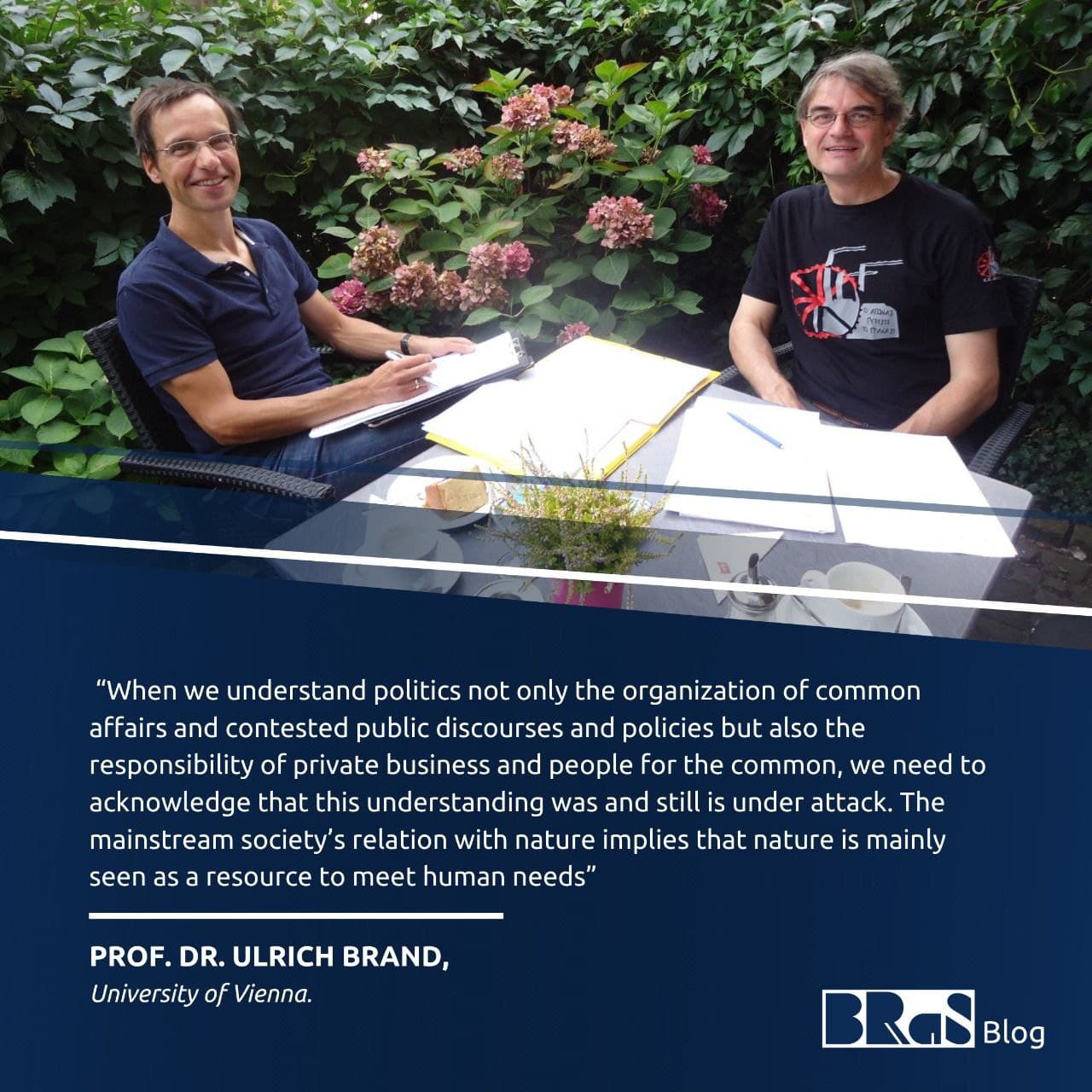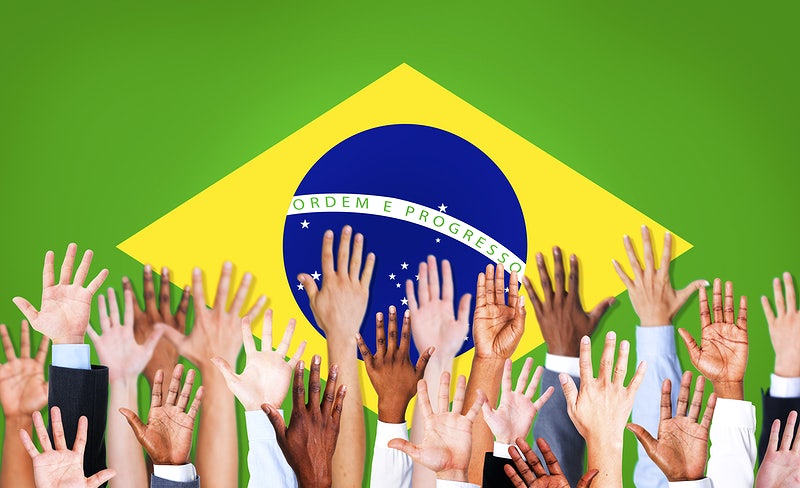Vol. 2 Num. 2
The “Blackout of the networks” and the exposure of dependencies
Brazilians' love for social networks is not new. Since the times of Orkut, Brazil has been among the most assiduous...
The Bumpkin in Brazilian movies: Mazzaropi’s Antihero Bumpkin
More than starring in a simple comedy film, Mazzaropi portrayed a bumpkin different from the one described by most Brazilian...
Legal resistance within the State
The theme of legal resistance within the State has an easy solution only at first sight – when we observe...
Interview: Prof. Dr. Ulrich Brand & Prof. Dr. Markus Wissen
Edited and reviewed by Anna Paula Bennech and Giovanna Imbernon. "In The Imperial Mode of Living: Everyday Life and the...
The Literary Roots of the Purposeful Inferiorization of the Bumpkin in Brazil from a Post-Colonial Perspective
Foreign travelers who arrived in Brazil at the end of the 19th century described the natives of the land as...
The ongoing (lack of) course of Brazilian foreign policy under Bolsonaro
Jair Bolsonaro's presidency marks a rupture with the century-old Brazilian diplomatic tradition dating back to the Baron of Rio Branco...
Independence or (the) death (of institutions)
September 7th is one of the most important celebratory dates in Brazil. The value of independence and the release from...
Governmentality, biopower, and the attack on fundamental rights in Brazil during the COVID-19 pandemic
A year ago, in March 2020, the health crisis caused by the new coronavirus officially reached the Brazilian territory, amplifying...
The fire at the Cinemateca Brasileira: a premeditated chronicle
On the night of July 29th, we sockingly watched the news about the fire that hit a shed at the...
An overview on cutting public spending on Brazilian higher education
Since 2015, the Brazilian state has been making budget cuts in several areas that deal with fundamental human rights. One...












